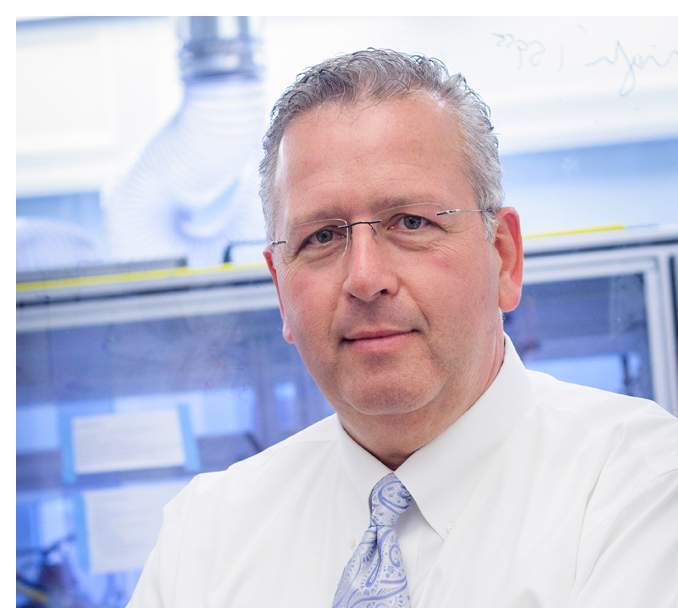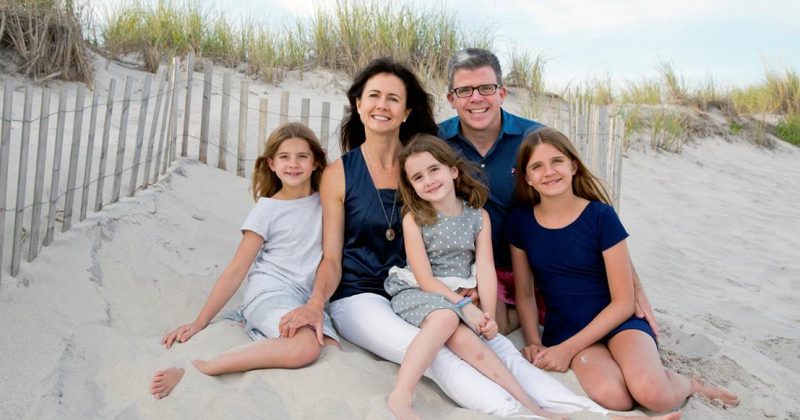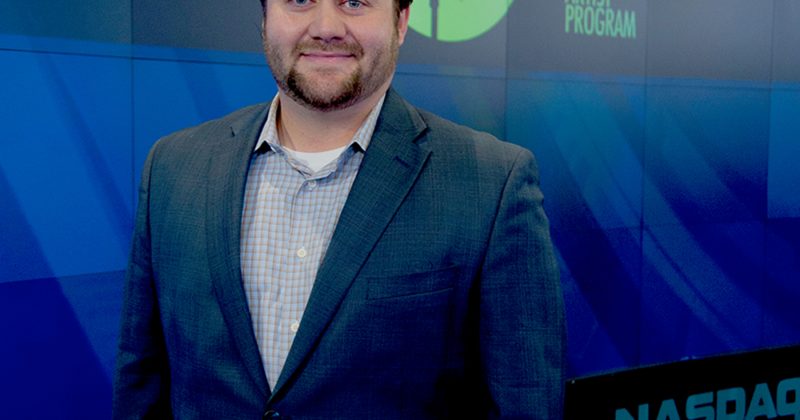
A new $4.47 million project at UNC, funded by the Defense Threat Reduction Agency, will help lay the groundwork for developing potentially better ways to deliver antidotes against exposure to chemical weapons. The work could ultimately help both civilian and military populations through the design of precisely engineered particles and microneedle patches that are loaded with a nerve gas antidote that can be easily administered in the event of an attack.
Researchers at UNC will use the PRINT® technology, also known as Particle Replication In Non-wetting Templates, to design and optimize the size, shape and composition of particles and microscopic needles that can carry life-saving antidotes to chemical nerve gas. If successful, the application of this technology could make it easier to deliver drugs faster to counteract severe reactions to chemical agents.
“Finding the fastest, most effortless method to administer antidotes during a nerve gas attack can be crucial for saving lives,” said Joseph DeSimone, Chancellor’s Eminent Professor of Chemistry at Carolina and William R. Kenan Jr. Distinguished Professor of Chemical Engineering at N.C. State University and of Chemistry at UNC.
A central part of the five-year project will be to optimize the design attributes of precisely uniform arrays of microneedles, tiny structures that would be incorporated into a patch that can be applied directly to the skin where the microneedles dissolve for rapid absorption of the nerve gas antidote. Once the mode of delivery is optimized, the PRINT technology also allows for large-scale manufacturing of these microneedle patches and other possible antidote systems.
“Every second matters when someone is exposed to a chemical agent, so identifying a way to simply slap a patch onto someone’s arm, in an instant, could have a life-saving impact,” said DeSimone.
DeSimone, who will lead the project, invented the PRINT technology with his students in 2004. The PRINT technology is licensed to Liquidia Technologies (Research Triangle Park, N.C.) for the development of a wide range of vaccines and therapeutics. Liquidia was co-founded by DeSimone, also in 2004.
Published in the Spring 2014 issue | The Scoop
Read More

Vicki Craver: Supporting ‘the heart of the university’
Vicki Underwood Craver ’92, chair of the Arts and Sciences…

Veteran’s path takes him into arts entrepreneurship
Brian “BR” McDonald ’01 jokes that when he was in…

UNC partners with NFL to focus on former players’ health
Carolina will partner with the National Football League Players Association…

